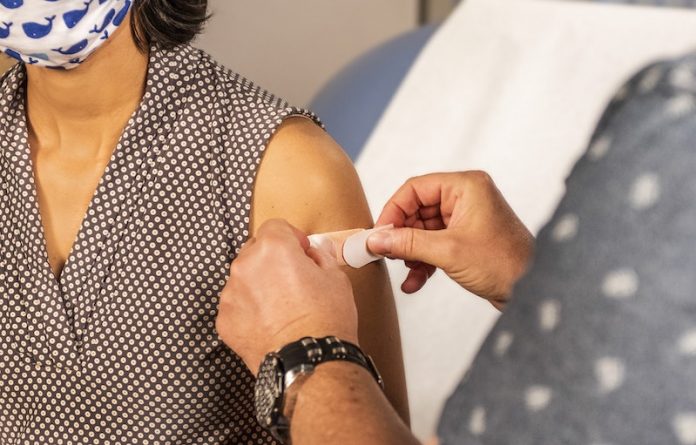
Scientists from Rabin Medical Center found that the third and fourth BNT162b2 vaccine doses in adults aged 60 years or older are linked to a strong increase in antispike (anti-S) immunoglobulin G (IgG) antibody titers.
The research is published in JAMA Network Open and was conducted by Noa Eliakim-Raz et al.
In the study, researchers compared the response to the third and fourth BNT162b2 vaccine doses among individuals aged 60 years and older. The analysis included 48 participants.
The team found that the median IgG titers increased strongly after the third dose (a median of 14 days after the dose) and after the fourth dose (a median of 11 days after the dose).
There were no strong associations observed between age and IgG titer after the fourth dose, and no major adverse events were reported.
The team says the optimal timing of additional doses was not fully understood, with four of the participants having COVID-19 about six days after the fourth vaccine and nine having the infection about 162 days after the third vaccine.
All participants had asymptomatic-to-mild infection.
The researchers say they still lack a full understanding of the immune correlates of COVID-19 protection.
But the rapid decrease in IgG levels observed within five months of receiving a third dose would likely indicate that maximally protecting against even the mildest infections may require more frequent repeated booster vaccinations.
Several authors disclosed financial ties to the pharmaceutical industry.
If you care about COVID, please read studies about drug that could protect you from severe COVID-19, and Zinc may help prevent severe COVID-19.
For more information about COVID, please see recent studies about people who are 5 times more likely to have COVID-19 reinfection, and results showing scientists find a new treatment option for COVID-19.
Copyright © 2022 Knowridge Science Report. All rights reserved.



